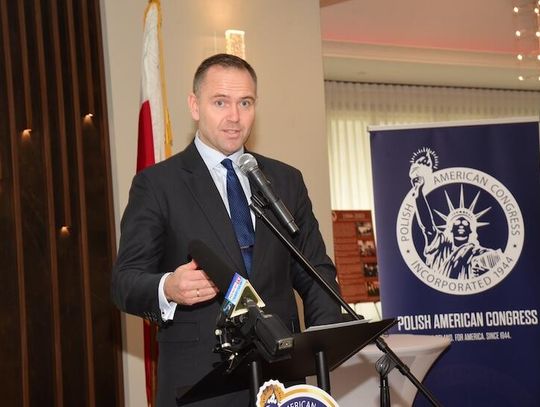Dzisiejsi krytycy argumentują, że naiwnością jest twierdzenie, iż kiedykolwiek zlikwidujemy ubóstwo. Nawet błędnie cytują słowa Jezusa: „Albowiem ubogich zawsze macie pośród siebie…”. Ponieważ ubodzy zawsze będą wśród nas, powinniśmy zaakceptować ich obecność i nie robić nic dla poprawy ich statusu.
Nie można wykorzystywać słów Jezusa jako chwytliwego hasła. Ten cytat pochodzi z Ewangelii św. Marka i w całości brzmi: „Albowiem ubogich zawsze macie pośród siebie i gdy zechcecie, możecie im dobrze czynić”. Zdanie to nie jest akceptacją ubóstwa, lecz wyzwaniem wobec nas wszystkich oraz rządu, byśmy koili cierpienie ubogich. Nie jest też usprawiedliwieniem apatii, ponieważ Jego słowa są potępieniem bezczynności wobec ubóstwa.
Niektórzy będą się spierać na temat najlepszych sposobów złagodzenia bądź zlikwidowania ubóstwa. Wiadomo jednakoż, że cytowanych w Biblii słów Jezusa nie można używać dla usprawiedliwienia apatii i bezczynności. Stwierdzenie, że biedni istnieć będą zawsze nie opisuje koniecznej rzeczywistości.
Steve H. Tokarski, wydawca
Poverty and biblical politics
President Lyndon B. Johnson declared a war to do away with poverty fifty years ago with his “Great Society.” Critics now argue that we have been fighting this war against poverty for fifty years and have lost it. It is too bad that we have not fought a war against poverty for fifty years because if we had, then poverty would have been abolished. Historically, we must remember that presidents Nixon and Reagan dismantled much of the poverty fighting programs of the “Great Society.”
What is new today are the critics who argue that it is naive to believe that we can ever eradicate poverty. They even misquote Jesus when they state, “the poor you will have with you always...” Because the poor will always be with us we should accept their existence and do nothing to improve their status as poor.
You cannot quote Jesus as a political sound bite. This quotation comes from the gospel of St. Mark which when read in full states, “The poor you will always have with you, and you can help them any time you want.” This whole sentence is not an acceptance of poverty, but a challenge to us as individuals and as a government to ease the suffering of the poor, not an excuse for apathy because His words are a condemnation of not acting to end poverty.
People will disagree on the best ways to mitigate or end poverty, or on what works and does not work. What is absolutely clear is that the words of Jesus in the Bible cannot be used as some kind of authority for apathy and an excuse for inaction. The statement that there will always be poor does not describe the reality that ought to be.
Steve H. Tokarski, Publisher











